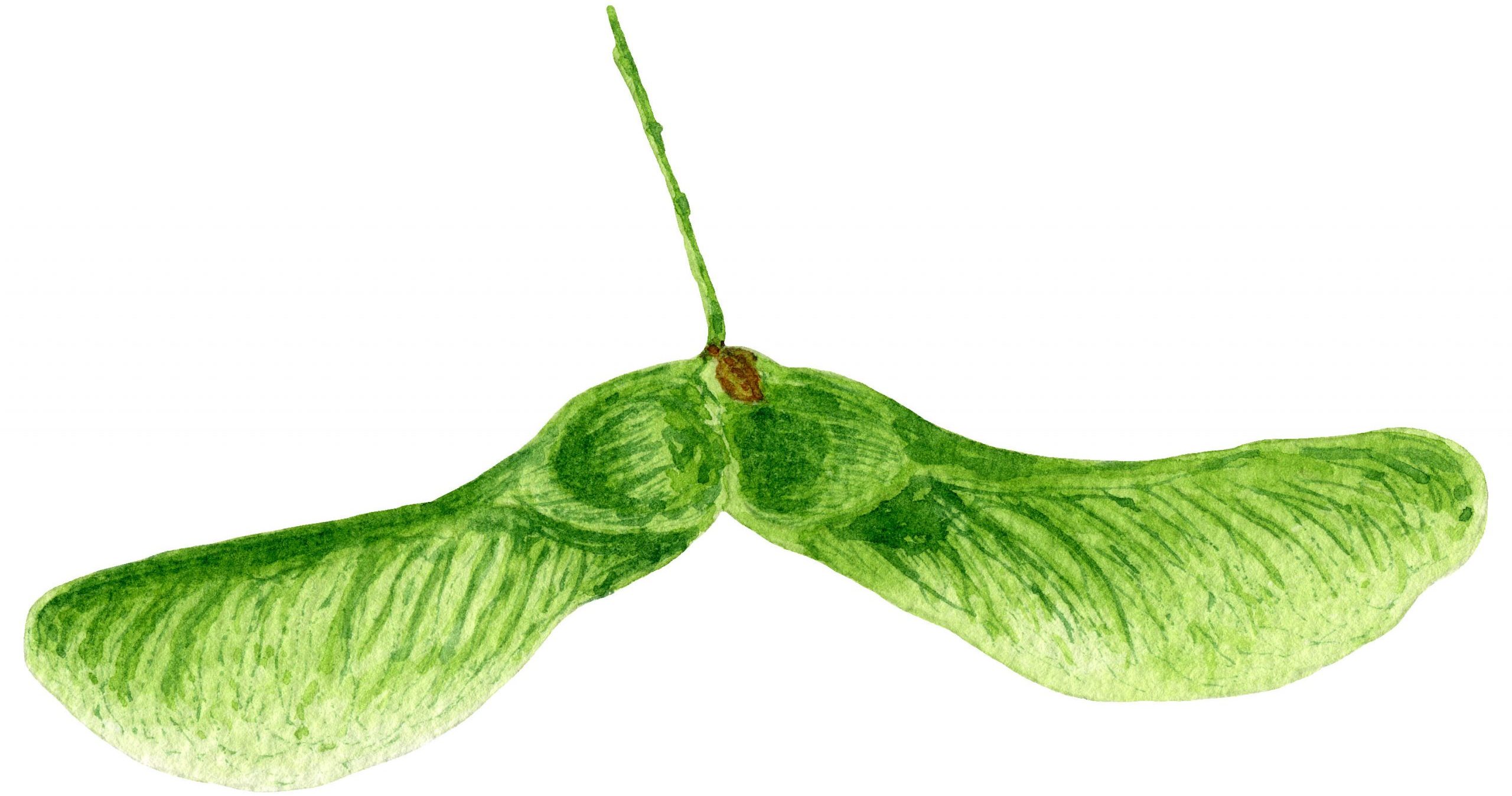Let’s start with the problem with gratitude: she can be a real bully. That voice in your head saying, Be grateful! Count your blessings! How dare you complain, just look at your life! Everywhere you look, all the wellness gurus with their clean eating and healthy houseplants and incredible handwriting saying: Be grateful, it’s the secret to happiness, I promise!
Look, you’re not going to be happy all the time. You’re not going to feel grateful all the time. Even when things are going more or less okay, and especially when they’re not. Life is hard sometimes, regardless of how good you have it. The nature of being human is to experience difficult things.
The nature of being human is also to experience joyful things, pleasant things, beauty and love and moments of ease.
For me, gratitude means simply: noticing these. When I pause to sink into a hug. When I realise the writing is coming easily. When the first bite of the dinner I made tastes good. When the sun peeks out from behind its cloud and warms my face for a moment.
I have a practice of reviewing these moments at the end of each day before I go to sleep. I call them moments of resonance. I’ve been doing this for nearly five years; I started when my youngest was a newborn and I was finding it difficult to get through some depressed, post-partum days. It was my way of reminding myself that there were moments of okayness amongst the grim sameness.
What I have found is that the practice of pausing to review my day — recalling moments and how they landed in my body, finding three where my heart said this is good, when my shoulders let go, when my breath came easy — has trained my brain so that I now notice them as they are happening. There is neuroscientific research on this: the plasticity of the neural pathways attuned to positivity. I don’t really care about the science though. I learn from my own experimenting and experience, and I encourage you to do that same.
My nightly practice also includes noting what I’ve done well and what I want to forgive myself for — these cultivate self-compassion. But you can do just the first part.
What does this have to do with gratitude? Instead of trying to convince myself to be grateful for things, instead of scanning a day to find three things I’m grateful for and text them to a friend (I did this for a few months and, while it was helpful in some ways, I found it created a kind of performativity that I am averse too, and also an uncomfortable sort of competition), I teach myself to notice when I am actually feeling grateful… which is possible when I take out the word grateful altogether and just say resonant, or okay, or aligned, or at ease, or enough…
And so this is what I recommend to you. Cultivate an awareness of the positive moments of your day. Use the practice I offer or come up with your own. I look forward to hearing about your experiments.
